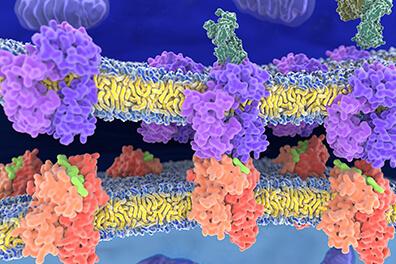Peptides, including antimicrobial peptides, can be synthesized through various techniques, primarily chemical synthesis and recombinant DNA technology.
Solid-Phase Peptide Synthesis (SPPS)
Solid-phase peptide Synthesis is the most commonly used method for chemical peptide production. This technique, pioneered by R. Bruce Merrifield, involves the stepwise addition of amino acids to a growing peptide chain anchored to an insoluble resin. The advantages of SPPS include:
High Efficiency: Allows for rapid assembly of peptides.
Automation: This can be fully automated, facilitating high-throughput synthesis.
Versatility: Suitable for synthesizing complex and modified peptides.
Recombinant DNA Technology
Recombinant DNA technology is employed to produce longer peptides or proteins. This method involves:
Gene Cloning: Inserting the gene encoding the desired peptide into a plasmid vector.
Host Expression: Introducing the plasmid into a host organism (e.g., Escherichia coli), which expresses the peptide.
Purification: Isolating the expressed peptide from the host cells.



